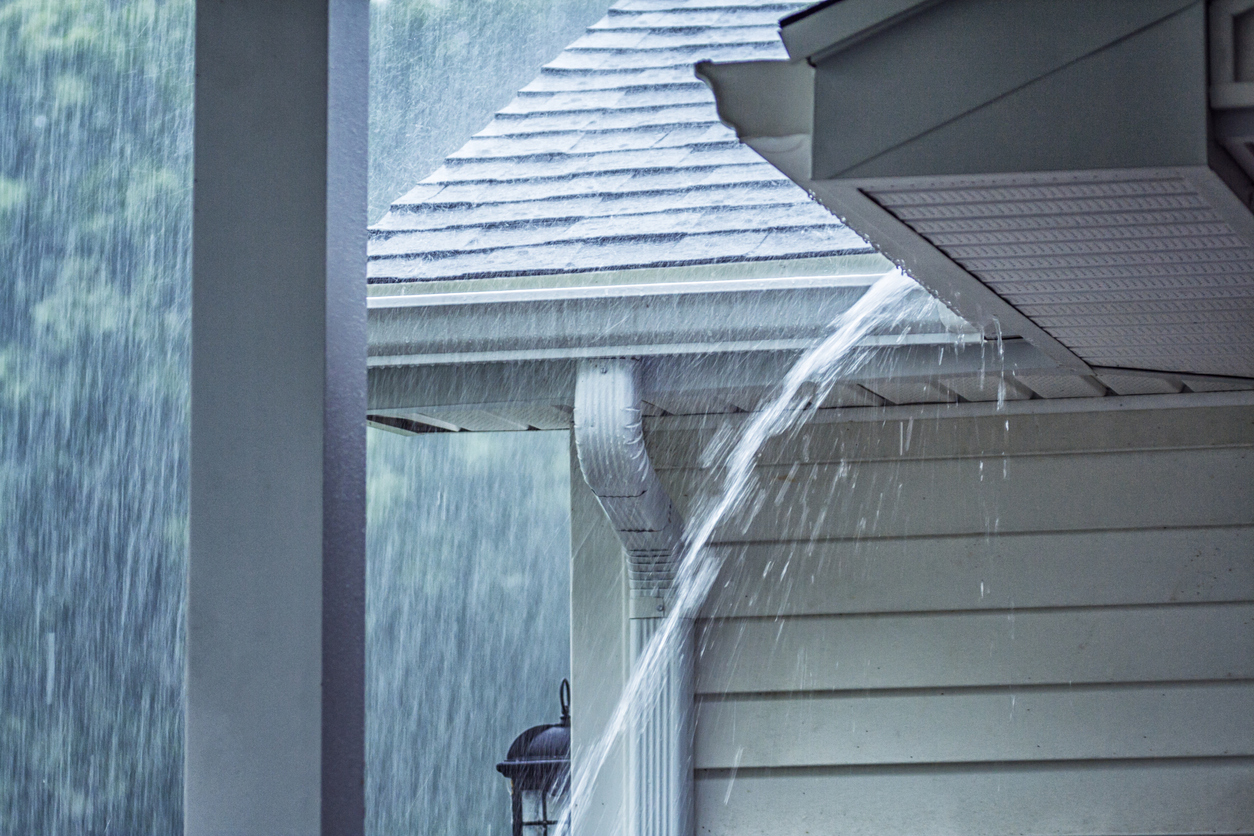Severe storm damage to homes and businesses is common in Florida. While homeowners and property insurance is designed to cover some types of storm damage, filing a claim can be complicated. Insurance policies typically contain limitations and exclusions that allow insurers to deny storm damage claims or to pay as little as possible. If you are having a dispute with your insurer about a storm damage claim, turn to VCM Law Group.
We regularly assist property owners with storm damage claims throughout Broward, Miami-Dade and Palm Beach Counties. Well-versed in the applicable insurance laws, our property insurance attorneys are highly experienced in handling claims for storm damage caused by typical Florida weather events: hurricanes, tropical storms, tornadoes, high winds, hail storms.
Although insurers have an unfair advantage over policyholders, we have the skills and experience to level the playing field. When you consult with us, we will thoroughly review your insurance policy and fight to obtain the storm damage coverage you deserve. Please contact our office today for a free consultation with one of our experienced storm damage attorneys.
Common Types of Storm Damage in Florida
The extent to which your property can be damaged by a storm depends on a number of factors, not the least of which is the severity of the storm. In addition, the style and location of your home or property also weigh heavily in whether it will weather the storm. Properties in South Florida are vulnerable to flood damage as well as wind damage, and homes and businesses in low lying areas must be covered by separate flood insurance.
While property owners in Florida are accustomed to taking precautions when storms approach (e.g pruning trees, shuttering/boarding up windows, installing storm shutters), the following types of storm damage remain common:
- Broken windows
- Damage to doors on homes, garages, and other structures
- Damage from wind blown objects (e.g. garbage cans, traffic signs, tree limbs)
- Personal property losses (e.g. furniture, appliances)
- Fire damage caused by downed wires
- Flooding
- Damage to vehicles and boats
- Moisture damage/mold
- Damage to exterior fixtures such as pools, sheds, and landscaping
- Roof damage
- Structural damage (compromised walls, foundations)
The amount of damage to your home, business or other property after a hurricane or windstorm may result in a complete loss if the insurer fails to honor your claim. That’s where VCM Law Group comes in. We know how to hold insurance companies accountable and will work to help you obtain the full value of your storm damage claim.
Why Are Claims Denied?
Despite the fact that insurance policies are legally binding contracts, insurers frequently attempt to avoid paying storm damage claims by:
- Attributing damage to factors not covered by the policy
- Citing unrelated damage from wear and tear
- Failing to conduct an adequate investigation into the damages
- Stating the damage was excluded under the policy
- Delaying or underpaying claims
After a storm, an insurer may not deny the entire claim, but deny parts of the claim instead based on the property insurance policy. As an example, if your roof was damaged or blown off by a hurricane, the insurer may cover the cost of replacing the roof, but not pay for the resulting water damage to the inside of your house. Similarly, the insurer may offer a settlement to repair part of your roof when the roof should be entirely replaced.
If your storm damage claim was delayed, underpaid or denied, you need the informed representation VCM Law Group provides. While we prefer to reach negotiated settlements to property insurance disputes so you get paid faster, we are equally prepared to litigate your claim if necessary.
Filing an Insurance Claim
After a storm, you should file a claim with your insurer as soon as possible. The claim should include:
- A listing of the damaged property
- An estimated valuation
- Photographs
- Other supporting documentation
Once the claim is filed, an insurance claims adjuster will document and assess the damage to your home or property. Remember that the claims adjuster works for/is paid by the insurance company, not you, and may arrive at an estimate that is less than the actual cost of repairs or replacement. For this reason, it can be helpful to enlist the services of an independent claims adjuster to determine the full extent of the storm damage to your property.
If your storm damage claim is denied, the insurance company must provide you with an explanation of the denial. If your claim was denied for a reason other than what is explicitly stated in the policy, you may be able to appeal the decision. Because insurers rarely overturn denials, it is crucial to have an experienced storm damage lawyer handle your claim.
Contact Our Experienced Miami Storm Damage Attorneys
Picking up the pieces after a storm in Florida is an ordeal that many of us are all too familiar with, as is dealing with an insurer in the aftermath. Nonetheless, insurance companies have a legal obligation to honor claims. While a denial on the basis of restrictions outlined in the policy is permissible, the language of insurance policies is subject to interpretation and usually weighted in favor of the insurer. If you are involved in a dispute about storm damage coverage, don’t go up against the insurance company alone. Contact VCM Law Group instead, the informed choice in Florida storm damage claims.

